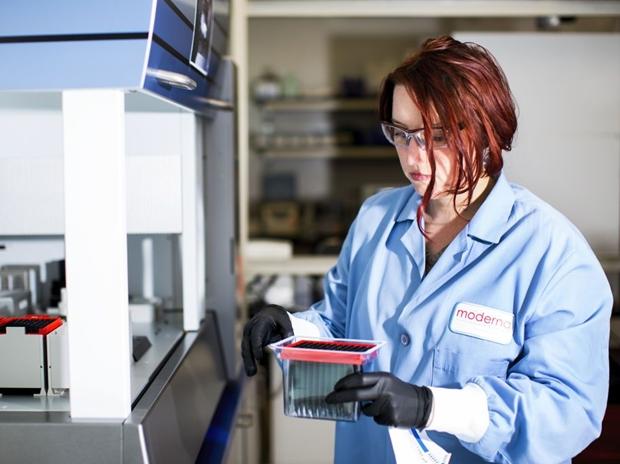The core work behind the mRNA approach comes from Katalin Karikó,
a Hungarian-born emigre who came to the U.S. to work on RNA-related issues.
The early history
of vaccines is a male-dominated field. The science, which is currently showing
spectacular results, is now led by women. Therein lies a lesson about the
allocation of talent.
Consider the history of the mRNA vaccine, which is the technological basis of
both the Moderna and Pfizer/BioNTech
vaccines, the two leading vaccine contenders for the U.S. To oversimplify,
mRNA vaccines teach cells how to make a protein that triggers an immune system
response, rather than injecting live or dead virus material.
If done properly,
that makes the vaccine quicker to develop, safer to use, and easier to
manufacture at scale. In addition to its forthcoming role in fighting Covid-19,
the mRNA vaccine platform can probably be adapted to fight other viruses, and
other mRNA products may have additional uses, such as helping to treat skin
disorders.
The core work
behind the mRNA approach comes from Katalin Karikó, a Hungarian-born émigré who
came to the U.S. to work on RNA-related issues. Her career had its fits and
starts, including problems with raising research money and a bout with cancer,
but she persisted. She ended up working with Drew Weissman, and they figured
out how to inject RNA material into humans without causing excess inflammation,
which previously had been the critical barrier to making progress.
Karikó ended up
working with BioNTech, a German start-up founded by Uğur Şahin and Özlem
Türeci, a husband-and-wife team whose parents were Turkish guest workers in
Germany.

No comments:
Post a Comment